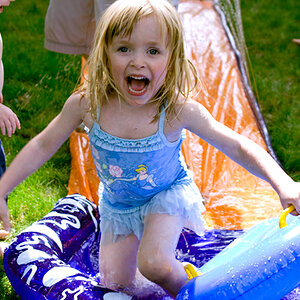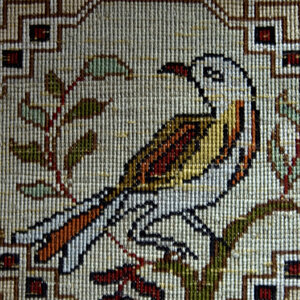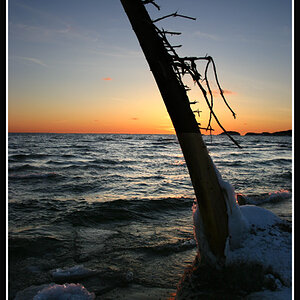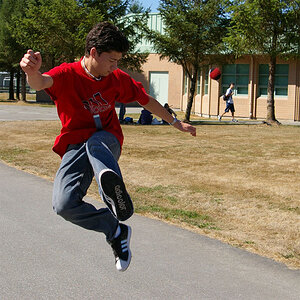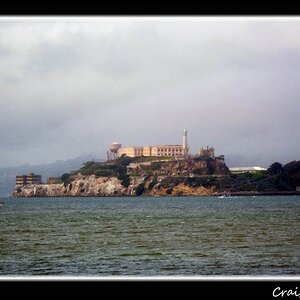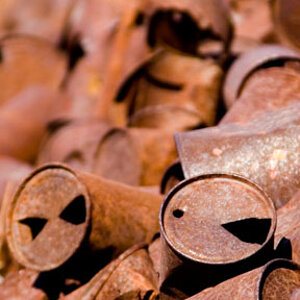donny1963
No longer a newbie, moving up!
- Joined
- Dec 15, 2015
- Messages
- 372
- Reaction score
- 30
- Can others edit my Photos
- Photos NOT OK to edit
Like i said before, and by the way i know alot of photographers on here disagreed with me and said it's not true but i don't care let them think what they want..
First off let me correct an incorrect statement, Some people will Say that ISO is part of the Exposure Triangle, That is simply not true, it's Applied Gain, When you raise the ISO Above your lowest ISO possible, this is what your doing i'll explain it in a term that might shed some light on this..
If you poor your self a drink, of Rum, and then add water to dilute the alcohol this is the same thing your doing with your image when you increase your ISO, your diluting your image and it's braking it down, that grain you see in high ISO, is not Grain, it's amplification distortion, YES that's what i said all that is doing when you turn up your ISO is your amplifying the signal to your sensor..
In doing that, the higher you go the more your degrade your image.
It's like you have a Stereo system that puts on 150 watts per channel and then crank the sound up to the point where the music breaks down and you hear distortion, that is just about the same thing when your cranking your ISO, That noise and dots and color bleeds is distortion and it simply looks like crap..
Back in the film day when you bought Film that was high iso like 1600 or higher that grain your seeing is a pattern of grain that is manufactured in the film that way, it's chemicals, and the film is created that way... The grain in Digital images from high ISO is garbage and noise, NOT GRAIN!!!!!
One thing people who don't understand about resolution is specifically Gain of the sensor from your lens, is that everything is electrical..
it's digital photography, the thing with Film photography, it's chemistry, chemicals not digital, completely different..
But in Digital photography everything is electrical, your sensor in your digital camera is nothing but a solar cell with filters and such, everything is max electrical Gain..
Even if you got the best camera and the best lenses and your shooting in low light with high ISO , your images are going to still look like crap..
You can have the best radio and the best antenna in the world but if your signal is crap, then your still going to end up with crap sound.
Alot of people still don't understand digital photography and a sensor and lens, everything is about max gain possible, and is why you should be using the lowest ISO possible..
Rising ISO is nothing but adding water to your liquor in your drink..
ISO is NOT connected to Exposure, it just lets you manipulate exposure, But ISO is not directly Relational to the image that is captured.....
I always say it and i'll say it again if your jacking up your ISO because your in low light and think this is a good way of giving you more light for your exposure then you don't know what your doing, Because your degrading your image and if your a hired photographer for a shoot, then your giving your customer a lower quality product.. Simple as that..
First off let me correct an incorrect statement, Some people will Say that ISO is part of the Exposure Triangle, That is simply not true, it's Applied Gain, When you raise the ISO Above your lowest ISO possible, this is what your doing i'll explain it in a term that might shed some light on this..
If you poor your self a drink, of Rum, and then add water to dilute the alcohol this is the same thing your doing with your image when you increase your ISO, your diluting your image and it's braking it down, that grain you see in high ISO, is not Grain, it's amplification distortion, YES that's what i said all that is doing when you turn up your ISO is your amplifying the signal to your sensor..
In doing that, the higher you go the more your degrade your image.
It's like you have a Stereo system that puts on 150 watts per channel and then crank the sound up to the point where the music breaks down and you hear distortion, that is just about the same thing when your cranking your ISO, That noise and dots and color bleeds is distortion and it simply looks like crap..
Back in the film day when you bought Film that was high iso like 1600 or higher that grain your seeing is a pattern of grain that is manufactured in the film that way, it's chemicals, and the film is created that way... The grain in Digital images from high ISO is garbage and noise, NOT GRAIN!!!!!
One thing people who don't understand about resolution is specifically Gain of the sensor from your lens, is that everything is electrical..
it's digital photography, the thing with Film photography, it's chemistry, chemicals not digital, completely different..
But in Digital photography everything is electrical, your sensor in your digital camera is nothing but a solar cell with filters and such, everything is max electrical Gain..
Even if you got the best camera and the best lenses and your shooting in low light with high ISO , your images are going to still look like crap..
You can have the best radio and the best antenna in the world but if your signal is crap, then your still going to end up with crap sound.
Alot of people still don't understand digital photography and a sensor and lens, everything is about max gain possible, and is why you should be using the lowest ISO possible..
Rising ISO is nothing but adding water to your liquor in your drink..
ISO is NOT connected to Exposure, it just lets you manipulate exposure, But ISO is not directly Relational to the image that is captured.....
I always say it and i'll say it again if your jacking up your ISO because your in low light and think this is a good way of giving you more light for your exposure then you don't know what your doing, Because your degrading your image and if your a hired photographer for a shoot, then your giving your customer a lower quality product.. Simple as that..


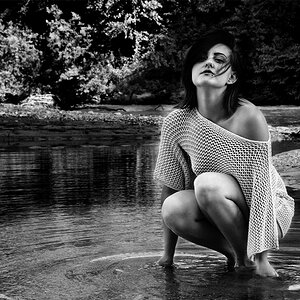
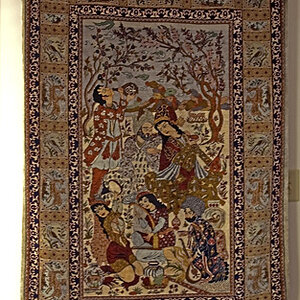
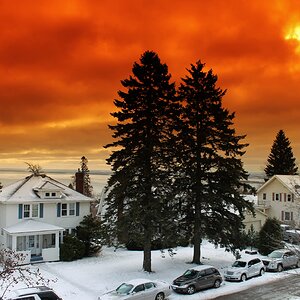
![[No title]](/data/xfmg/thumbnail/32/32929-22e23acc63d6ecb25e5ee941be87121f.jpg?1619735758)
